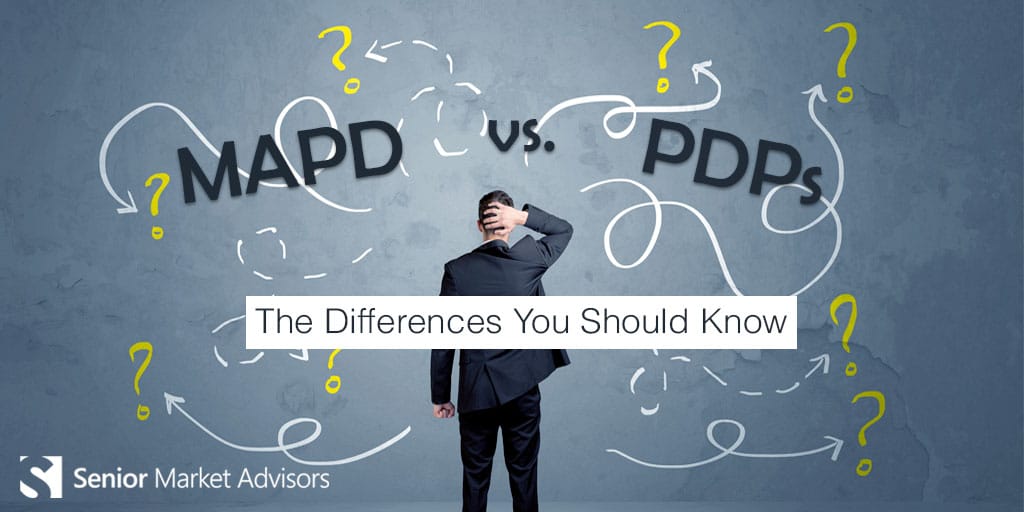The health insurance industry is a part of a heavily regulated sector of government, especially when it comes to Medicare and Medicaid. As a result, strict rules and regulations will determine how you can and can’t market and sell. These rules protect the beneficiaries, carriers, and agents.
One of the biggest rules that every person in the industry must understand is that an agent cannot cross-sell Medicare products in most cases. That means that if a client is expecting to hear about one aspect of their health insurance, the agent, in most cases, cannot discuss another sector in that same appointment. These regulations protect the health care industry from becoming a profit-based industry instead of a care one. Consequently, your job is harder.
Generally, anything discussed in an agent-client Medicare meeting that is not about ancillary products must be under the scope of appointment. Both parties must sign and date a legally binding form (like this one) before the meeting that states what will be discussed. The beneficiary may want to discuss multiple sections (Medicare Advantage, Medicare Supplements, prescription drug plans, ancillary) and that’s okay, as long as it is agreed upon beforehand.
While we recommend that agents always bring along scope of appointment forms for their own protection, they are only absolutely necessary for the sale of Medicare Part C (Advantage) and Part D (prescription drugs).
Scope Of Appointment
Do –
- Leave Medicare information behind if the appointment is a no-show
- Call to confirm appointments
- Request that the beneficiary signs a new SOA if they want to discuss other options
- Keep SOA documentation for at least 10 years
Do not –
- Market health care products during a meeting that were not previously agreed to on SOA form
- Accept walk-in or last-minute appointments without a written SOA form
- Use an SOA for another appointment later. They are only valid for one appointment as stated
- Market or leave materials for plans beyond the scope or non-health care related
- Return to an appointment uninvited
- Solicit or accept enrollment forms before OEP
- Ask for referrals
- Provide food or subsidize meal
Seminars & Educational Events
Medicare seminars are meant to inform the public. If an interested party wants to contact you after your event, great! You have a lead. While you can’t ask for permission to contact at an educational event, the client can ask YOU. It has to be the client’s idea – even if you invited your preexisting clients to the seminar.
Do –
- Announce all product types and plans that will be covered at the beginning of the presentation
- Use only CMS-approved presentation materials
- Provide objective information
- Respond to questions
- Provide promotional items/snacks but not meals
- Display a logo or your name
- Present business cards if asked
Do not –
- Demonstrate plan-specific bias
- Conduct enrollment or sales activities
- Display or distribute contact information unless personally asked
- Collect names or schedule appointments
- Require contact information for attendance
- Conduct health screening or genetic testing of any kind
- Attach business cards to educational materials
- Require SOA forms for educational events
Marketing Activities & Materials
People with higher income are more likely to be able to purchase ancillary policies. They’re more willing to buy strictly precautionary policies. Even though they’re your best bet for cross-selling, you legally cannot target based on income. However, you can market to the general public and hope the wealthy attend!
Do –
- Begin marketing for the following year starting Oct. 1st
- Begin accepting enrollment forms after Oct. 15th
- Only provide marketing materials from the previous year upon request
Do not –
- Cherry pick beneficiaries
- Discriminate based on race, ethnicity, national origin, religion, gender, age, health status, disability, or geographic location
- Target high-income beneficiaries
- Intimidate with high-pressure sales
- Encourage beneficiaries to request a SEP to switch plans
- Market non-health related products



